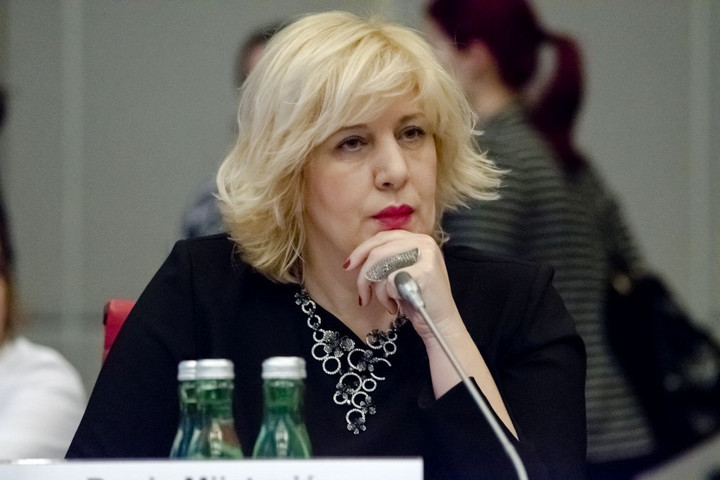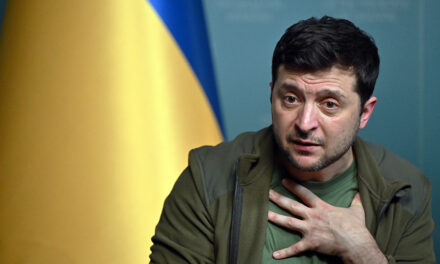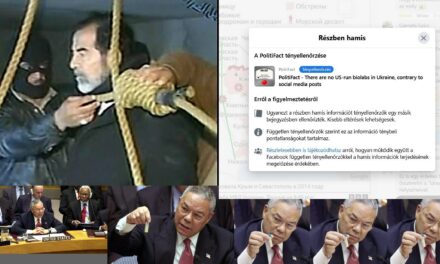The government turned to international institutions – not for the first time – to protect the rights of Transcarpathian Hungarians. The matter is urgent, because according to the new Ukrainian law that takes away rights, ethnic schools in the country will practically cease from September. In the meantime, Dunja Mijatovic, the human rights commissioner of the 46-member Council of Europe based in Strasbourg, called on the Russians to protect the human rights of the Crimean Tatars and to ensure education and media use in the Tatar mother tongue.
There is a real chance that ethnic schools will cease to exist in Ukraine, since the Ukrainian education law will essentially allow education in ethnic languages only in the lower grades from September 1. Starting from upper grades, more and more subjects will have to be taught in Ukrainian. From now on, education in the national language would only be possible as an additional burden on the students, which would ultimately lead to the impossibility of Hungarian-language education - said Norbert Tóth, head of the International Law Department of the Faculty of Political Science and International Studies, in an interview with Magyar Hírlap
According to him, not only will the cultivation of the Hungarian language be impossible, but essentially almost all languages other than Ukrainian will be in an even more difficult situation. The Russian language is primarily in the crosshairs of the measure, it is true that the Hungarian language could be saved, but on the part of Kiev, unfortunately, there is currently no intention to do so. Ukraine is now trying to create a linguistically unified Ukrainian nation, and all other linguistic communities stand in the way of this effort. Of course, in addition to being illegal and not fair, it is also wrong as an assessment of the situation. But I am afraid that it is difficult to convince a warring country of its own error, said the head of the department.
In order to defend against the new regulation, the Hungarian advocacy organizations in Ukraine must take advantage of every opportunity to convince the Ukrainian leadership that the Hungarian community does not pose any threat to Ukraine. In addition, the Hungarian state has the tools of diplomacy at its disposal, including especially the possibility of negotiations, and it is possible to ask mediators to settle the relationship between the two countries, and ultimately, it is also possible to try to use the opportunities offered by the international justice system, albeit not very broad - Norbert Tóth believes.
In addition to the occasional negotiations with the Ukrainian leadership, there is obviously also the possibility of civil protest, but at the same time, two things must not be forgotten. One is that, due to the state of war, Ukraine would be unlikely to respond favorably to such protest actions. That's why it's worth putting them away for better days. On the other hand, for various reasons, the rights and problems of national minorities in the world are not fashionable issues. Depriving Transcarpathian Hungarians of their rights is not a problem for the world, it only hurts us Hungarians. All of this obviously further complicates the already difficult situation of Transcarpathian Hungarians - concluded Norbert Tóth.
The Crimean Tatars
Motions submitted for the rights of European national minorities regularly get stuck in the European Union forums, but the same institutions will immediately be sensitive to the issue if the targets are not their own member states, but the Russians, who are now considered enemies.
Dunja Mijatovic, the human rights commissioner of the 46-member Council of Europe based in Strasbourg, wrote in his report on the human rights situation of the Crimean Tatars living in the Autonomous Republic of Crimea and the city of Sevastopol, that the illegal annexation of the territory by Russia started a series of unfortunate events and measures that resulted in serious and repeated violations of the human rights of Crimean Tatars.
The measures have led to the creation of an environment that contributes to the stigmatization of the Crimean Tatars, results in ethnic division and pits the population of Crimea against them, he warned. The human rights commissioner called for an end to the persecution of Crimean Tatars and the arbitrary arrest, harassment and searches of the homes of human rights defenders, activists, political and social actors and journalists belonging to the community.
"All Crimean Tatars must enjoy freedom of assembly and expression without fear of reprisals. It must be possible for them to practice their religion, participate in the public or private sphere, receive education in the Tatar mother tongue, and ensure the preservation of their cultural heritage"
he said.
The human rights commissioner wrote: the Crimean Tatars are an integral part of the wider European community and history. He expressed hope that the community "after decades of forced exile" can regain its place in the fabric of the Crimean multicultural society as soon as possible. Finally, he emphasized that all necessary support should be given to the Crimean Tatars in order to preserve and maintain their identity and enable the exercise and full realization of their human rights.
Dear Mrs. Dunja Mijatovic! We would be very happy if they were also concerned about the native European minorities supported by more than a million signatures, including the Székelys and the Transcarpathian Hungarians, whose survival is highly endangered!
Source: Civilek.info / MTI / Magyar Hírlap
Cover photo: Dunja Mijatovic / Photo: AFP












